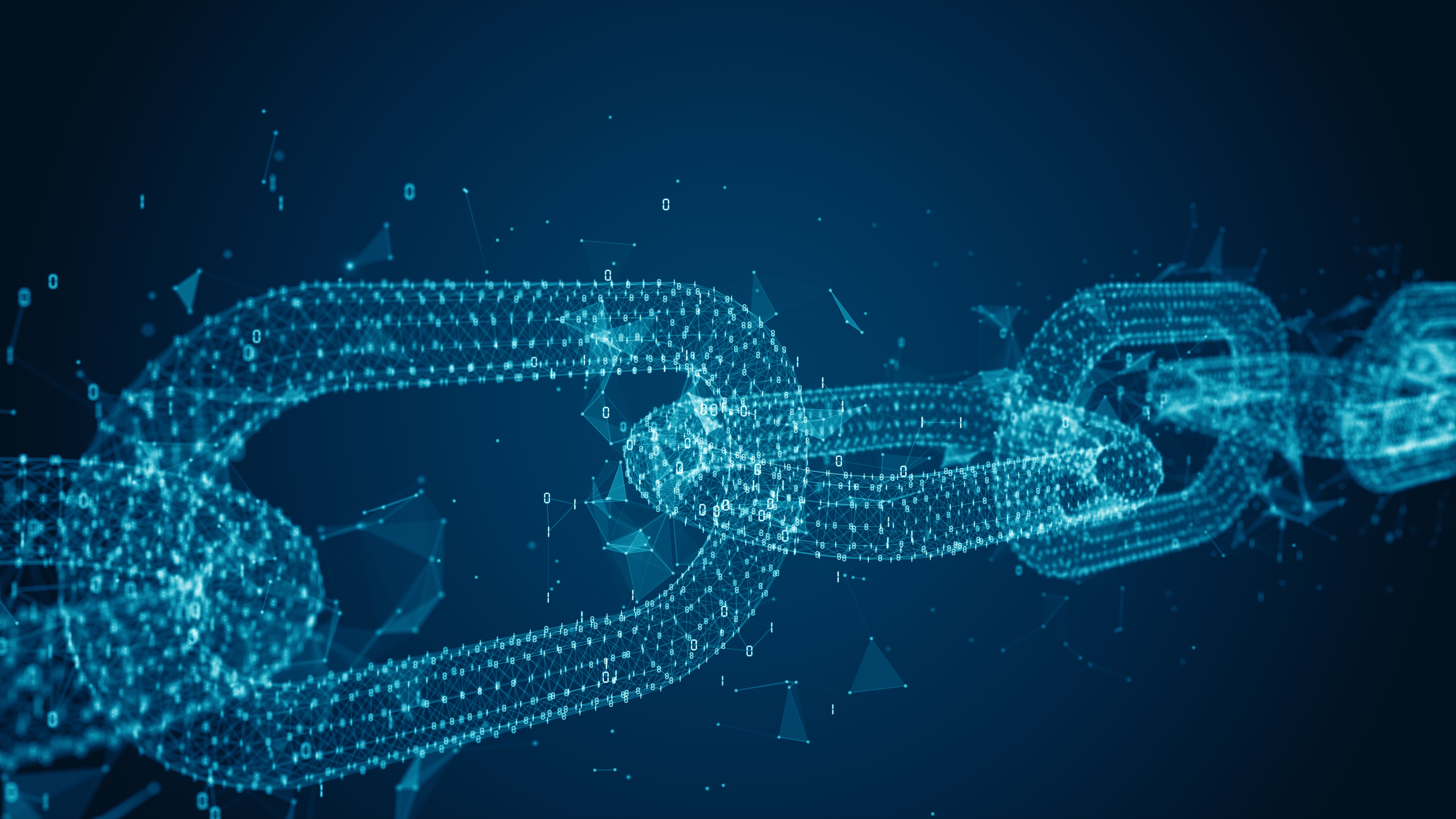The Role of AI in Network Optimization
Understanding Blockchain Performance Challenges
Blockchain technology has rapidly evolved, becoming a cornerstone for secure and decentralized data management. However, despite its transformative potential, blockchain networks face performance challenges such as scalability, speed, and energy consumption. Addressing these issues is crucial to unlocking the full potential of blockchain across various industries.
One of the primary hurdles is scalability. As more users and transactions are added to a blockchain network, the system can become sluggish, leading to increased transaction times and fees. Furthermore, the decentralized nature of blockchain requires consensus among numerous nodes, which can also slow down operations.

The Intersection of AI and Blockchain
Artificial Intelligence (AI) offers promising solutions to enhance blockchain performance. By integrating AI with blockchain, it's possible to optimize network operations, improve efficiency, and reduce resource consumption. AI can automate processes, predict network congestion, and recommend real-time adjustments to maintain optimal performance.
AI algorithms can analyze large volumes of data quickly, identifying patterns and anomalies that could indicate issues within the network. This capability allows for proactive measures to mitigate potential disruptions before they impact users.
AI-Driven Optimization Techniques
Several AI-driven techniques are being explored to enhance blockchain performance. One such technique is machine learning-based consensus mechanisms. These mechanisms can dynamically adjust parameters based on current network conditions, improving throughput and reducing latency.
Another technique involves using AI for predictive analytics. By forecasting transaction loads and network congestion, AI can help allocate resources more efficiently, ensuring the network remains responsive under varying conditions.
Smart Contract Optimization
Smart contracts are integral to blockchain technology, but they can be resource-intensive. AI can optimize these contracts by analyzing code for inefficiencies and suggesting improvements. This not only enhances performance but also reduces costs associated with executing complex contracts.
Moreover, AI can ensure smart contracts are executed accurately by monitoring for discrepancies and automating corrective actions when necessary. This capability enhances trust and reliability within blockchain networks.
The Future of Blockchain with AI
The integration of AI into blockchain technology holds the promise of revolutionizing how networks operate. By streamlining processes and enhancing efficiency, AI can help blockchain systems overcome existing limitations and pave the way for broader adoption across various sectors.
As research and development in this field continue, we can expect more innovative solutions that marry the strengths of AI and blockchain to create faster, more scalable, and sustainable networks. This synergy has the potential to redefine digital interactions in the coming years.

Challenges and Considerations
While the benefits are clear, integrating AI with blockchain does come with challenges. Data privacy remains a key concern, as both technologies handle sensitive information. Ensuring robust security measures are in place is essential to protect user data.
Additionally, there is a need for standardized protocols that facilitate seamless AI-blockchain integration. Collaborative efforts among industry stakeholders will be crucial to developing these standards and ensuring interoperability between systems.
In conclusion, the role of AI in optimizing blockchain networks is significant and growing. By addressing existing challenges and leveraging AI's capabilities, we can enhance blockchain performance and unlock new possibilities for innovation across various domains.
